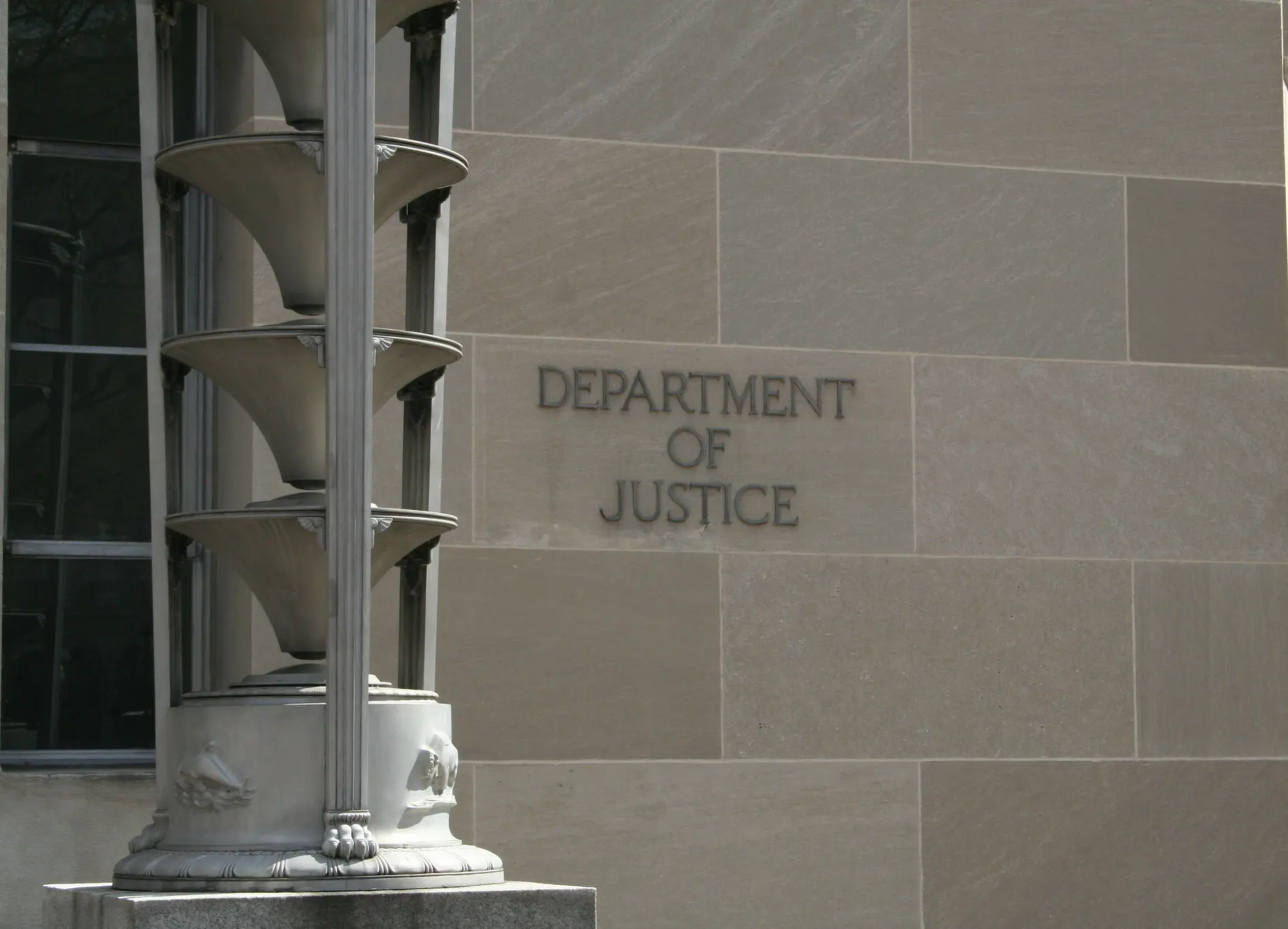Overall, the updates to the document align with the course set by the new U.S. administration and include the following key priorities:
1) Focus on crimes linked to cartel activity and transnational criminal organizations (TCOs) – such connections do not necessarily need to involve the corrupt scheme itself: for example, if participants in a corruption scheme laundered proceeds through individuals or entities that also launder money for cartels or TCOs, or if foreign officials involved in bribery also received bribes from cartels or TCOs, this may be sufficient for the DOJ to consider the case aligned with its enforcement priorities. As some experts note, in practice, this may lead prosecutors to concentrate efforts on Latin American countries where cartels and TCOs are particularly active.
2) Priority on cases involving national security – the document emphasizes that DOJ should treat FCPA enforcement in the defense, intelligence, and critical infrastructure sectors (e.g., critical minerals) as a top priority, since corruption in these areas undermines U.S. national security interests. In practice, this may result in increased FCPA enforcement activity against foreign companies operating in these sectors.
3) Safeguarding fair opportunities for U.S. companies and reducing regulatory burdens on them – framed as a need to curb “abuses” in the application of the FCPA to American companies operating abroad, this principle will likely translate to prosecutors focusing more on corruption involving foreign companies that directly compete with U.S. firms. At the same time, the Guidelines instruct enforcement officials to “proceed as expeditiously as possible” in their investigations and to consider the collateral consequences of enforcement actions, such as “potential disruption to lawful business and the impact on a company's employees”. However, as experts point out, the DOJ has long emphasized the need to shorten investigation timelines, yet in practice, the average FCPA investigation still rarely lasts less than four to five years.
4) Prioritizing serious misconduct – the document states that enforcement authorities should not penalize “American citizens and businesses ... for routine business practices in other nations”. According to the Guidelines, FCPA enforcement will focus on “alleged misconduct that bears strong indicia of corrupt intent tied to particular individuals, such as substantial bribe payments, proven and sophisticated efforts to conceal bribe payments, fraudulent conduct in furtherance of the bribery scheme, and efforts to obstruct justice”. This approach appears to signal a broader application of the facilitating payments exception* – potentially extending it to certain payments that previously may have been deemed FCPA violations. Specifically, some experts anticipate that the DOJ may refrain from pursuing cases solely related to hospitality expenses, small payments made to expedite permits or licenses that are incidental to a project, or other facilitating payments, provided there are no aggravating factors.
5) Emphasis on individual accountability – the Guidelines reaffirms that prosecutors should focus on cases in which individuals have engaged in criminal misconduct and not attribute nonspecific malfeasance to corporate structures.
Additionally, the Guidelines require that all new FCPA investigations or prosecutions receive approval from the Assistant Attorney General for the Criminal Division, and that the viability of all ongoing cases be reassessed in light of the updated recommendations.
*The FCPA provides for several instances in which a defendant may invoke an affirmative defense, meaning the existence of facts that negate liability. One such instance involves so-called facilitating payments – payments made to foreign officials for actions that are clearly part of their official duties, intended to expedite the performance of routine administrative processes.


